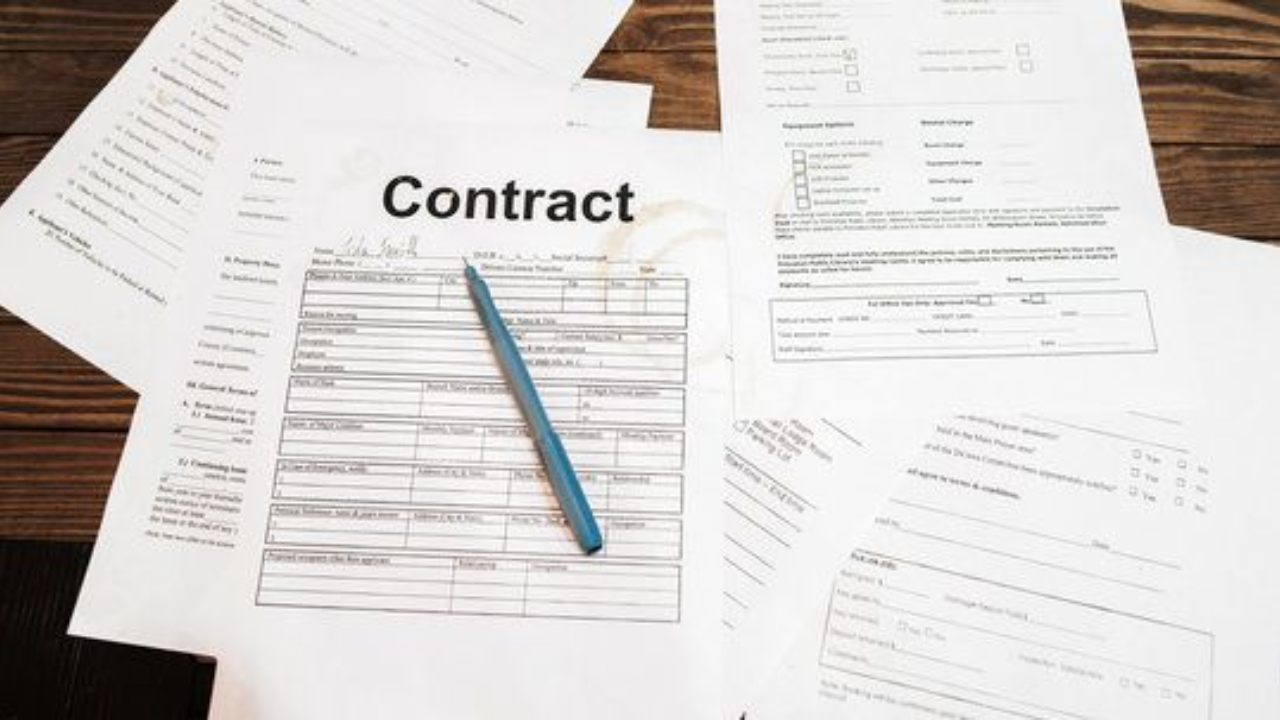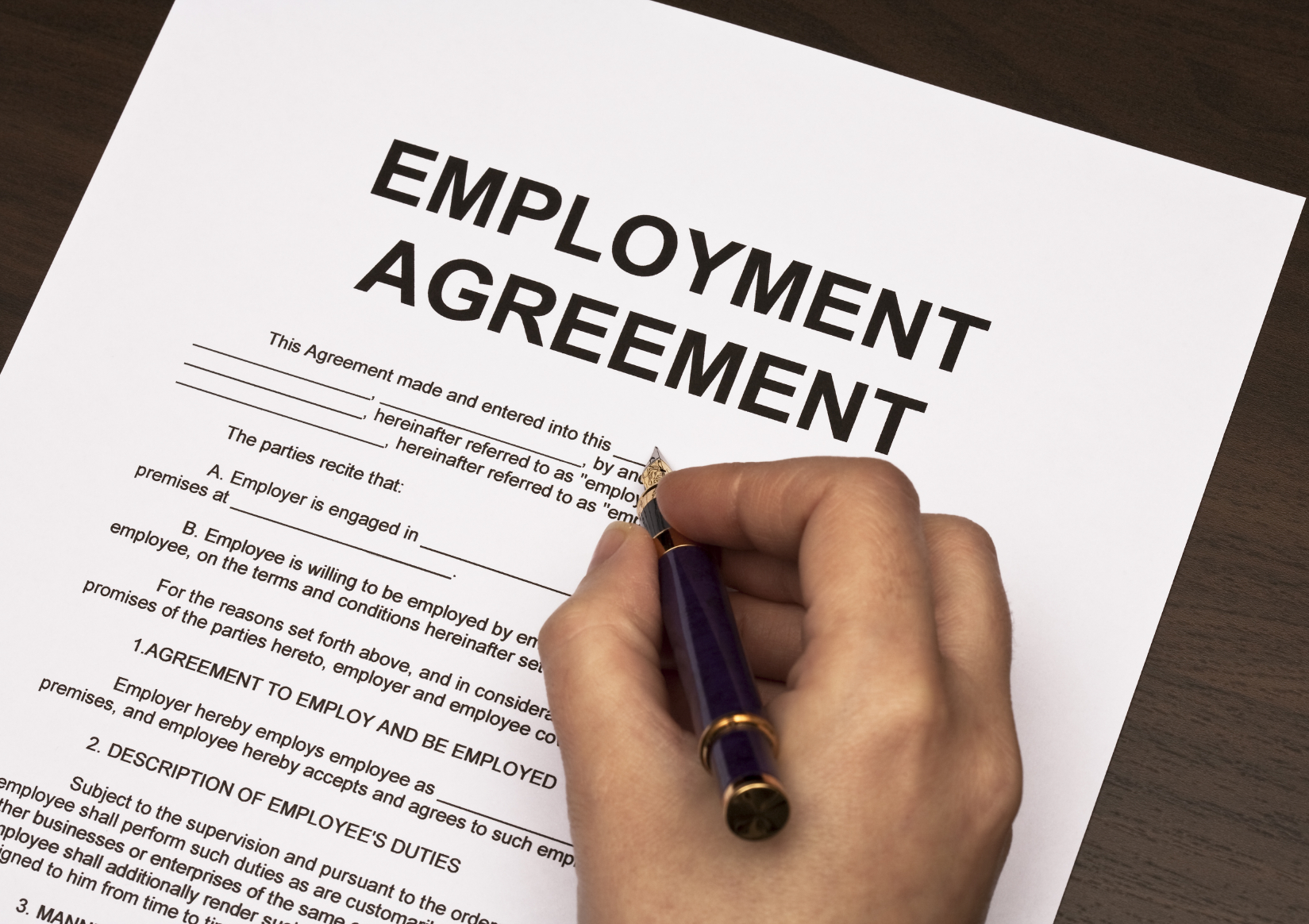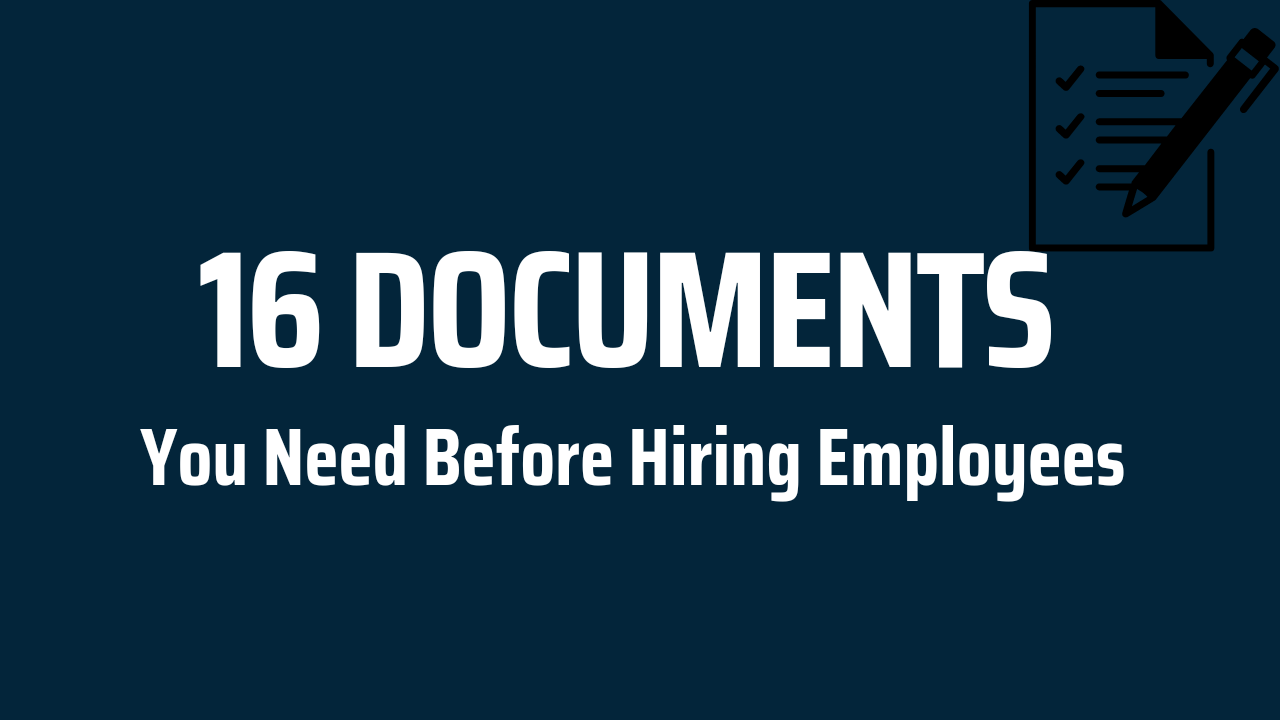These 16 Documents Made My Business 100X Safer!

Creating and growing a business is hard. Really hard. Just when you finally figure out how to get more clients, increase your profits, and actually learn how to run your business, the ugly side of business shows its face. That's right, the taxes and legal side of the business can not be ignored! Even though we badly want to look the other way, the legal side of a business is extremely important, and if you do ignore it, you might pay the price later down the road.
I did the same thing in my business. After years of running it and needing this document or that document for all kinds of circumstances, I thought it would be helpful to gather them all in one place for you guys. There are basic documents every business needs, but as you get more and more legit, you need more and more legal protection which directly correlates to more documents and forms. Exciting stuff I know, but the 16 documents I put together for you guys could save you a lot of money in legal fees.
When You Are Just Getting Started
So we all know how it is when we just get started in our business, we do most of the work ourselves and might write out a receipt to a client, but not much else. When you decide to hire your first worker, more times than not they jump in your truck with you after nothing more than a handshake.
Of course, that is fine when you first start, but you will need to do a bit more going forward. As long as you two get along, that worker will be great, but the moment something happens, they are fairly likely to leave and might cause more harm than good in the process.
This is why a significant amount of the 16 documents are dedicated to your employees. Whether it is just an employment agreement, a non-compete form, or an equipment form, all of these things are vital when you have an employee and they will keep you covered should anything bad happen.

Most Contractors Don’t Protect Themselves
The sad thing is that most contractors do not legally protect themselves. Plenty of guys work based on handshakes, but you just can’t do that anymore. There are so many ways something can go wrong, especially in a physical labor job, and you can be held liable without the right forms.
If you have ever had a regular W2 job, whether it was working for a big to-do company or at Mcdonald's, they make you sign a ton of documents when you first get hired. You don’t get a choice if you want to sign them or not, if you want to work there and get paid, you have got to sign it. So no one really reads them, but they keep the company covered in case you do anything stupid.
You need that same kind of protection for your business because I can assure you, if you hire enough employees and run your business long enough, someone will do something stupid. If whatever they do is especially bad, you probably do not want your business to be held legally responsible.
I Was Afraid at First
After I realized just how important these forms were, I already had plenty of employees, and I am sure you do too. How do you tell those employees they need to sign more forms, like a drug screen form, without sounding like the bad guy? This actually made me a little scared that my guys were going to quit when I had them sign these forms, but what I ended up doing worked pretty well.
Long story short? I blame it on the insurance. That is not entirely a lie, insurance companies require employees to be drug tested after an accident, and the rest of the forms can be argued for in a similar way. So I just told my guys I updated my insurance and that it came with a lot of new forms that they were required to sign. I didn’t get any blowback either, my excuse was true, and everything worked out.
Something else I was afraid of or a little worried about was social media exposure. If your brand is on socials (like it should be) then you probably have gained some sort of following. Even if you only have a few thousand followers, people look at that as an opportunity.
Your employees obviously don’t know exactly how much money you make or have, but if you hired the wrong person that was just looking for someone to sue (which absolutely happens), a company that looks good on socials and has a good-sized following is a good target.
The 16 documents protect you from a lot of the things that someone could sue for because you get them to agree to void their right to sue for X Y or Z. Of course, you can not sign away all their rights, and you can still get sued if you deserve it, but the documents will protect you from people just looking for a lawsuit.
Your Favorite Employee Could Sue You
This is something that is a little scary, but even if you and an employee are best buds and play basketball after work, they can get you in legal trouble. Employees can switch from being friends to being disgruntled pretty quickly, and if they suddenly have a bone to pick with you, they can go after your business.
Assuming you are not doing anything super wrong, they are not going to force you to close your doors, but they can come up with all sorts of lawsuits that will cost you plenty of money to defend or settle with. Nothing can stop all of these from happening, but the 16 Documents can help, and they can prevent basic lawsuits from happening.
Now I certainly do not want you to get scared and start being paranoid around all your employees. They are regular people just like you, and chances are most of them will be great. You just need to be careful, and the more legit your business gets, the better. So having these 16 legal documents as a part of your business is good for you, your business, and the rest of your employees.
Getting More Legit as You Go, or All at Once Right Here
I have been in this business for many years, and I certainly did not start out with every single legal document that I needed. Although every time something came up, or another business owner gave me a tip, I added a document to my list. You can do the same thing and build up this list as you go, but the danger to that is that if you are blindsided by something that could have been avoided with one of these 16 documents, you will be kicking yourself.
So what I am really offering is a shortcut to all the thousands of hours of work and lessons I have learned that led me to the point of using all of these documents. If I were you and I could have skipped all of that work, I would have gladly done it.
An Overview of the 16 Documents
So I have talked about why you need these documents for a while now, but let's dive into the specifics of what they are. For starters, these are all 100% original documents that I had made, and then checked over and tweaked by an attorney in my area.
These are the documents that I use in my business, so they are geared toward landscaping and window cleaning in Michigan. They are a great place to start, but if you want your business to be ironclad (as you should be) you should get a licensed attorney in your area to review them for your special circumstances.
The only thing that isn’t original to me is the government documents that I recommend. I am obviously not going to sell government documents that are meant to be free and publicly available, so you can find them online with a quick search. Now that all that is settled, here is a not-so-short list of the documents:
- IRS Form 941
- I-9 Employment Eligibility Form
- IRS W9 Form
- IRS W4 Employee Withholding Certificate
- Receipt of Company Property
- Non-compete Agreement
- Job Description Form
- Interview Questions
- Employment Application
- Employee Information Form
- Emergency Contact Information
- Drug Test Consent Form
- Driving Record Check Request Email
- Direct Deposit Form
- Confidentiality Agreement
- Acknowledgment of Employee Handbook
Watch Me Go Over Each Document With a Trust Law Expert
If you do want to pick up all of these documents, your purchase will come with a course. The course will be me going through each of the documents and explaining why I use them and when you may want to. Then there is another video of me going over them with a lawyer, and he gives his feedback on the documents and tells you what you really need to know from a legal standpoint.
I thought this would be a great addition to the documents, and it is a bit better than just turning you loose with a bunch of PDFs. If you don’t know how to use each form, they may not do you much good. Those videos also do a good job of answering all the questions I would have had in your shoes / did have when I was gathering the documents myself, which I think is extremely valuable in itself.
A Quick Disclaimer
This article is provided for entertainment purposes only and should not be construed as legal advice or a substitute for legal counsel. The information provided in this article should not be used as a substitute for professional legal advice. The author of this article is not a lawyer and cannot provide legal advice. The author shall not be held responsible for any action taken as a result of reading this article. The information provided in this article may not be applicable in all situations and should not be acted upon without specific legal advice based on particular situations. The author and publisher of this article make no warranties or representations and assume no liability with respect to the accuracy of the content of this article.



